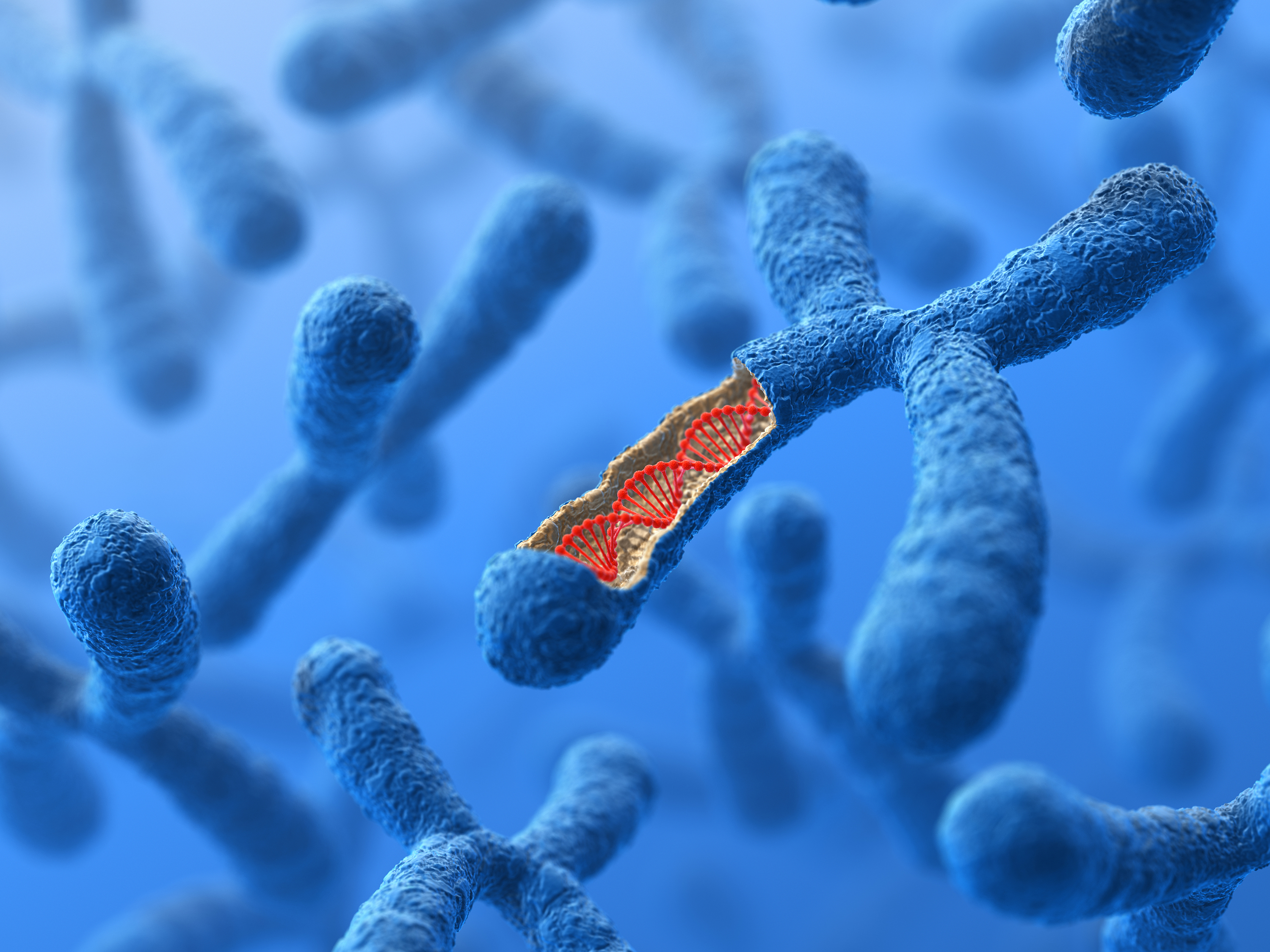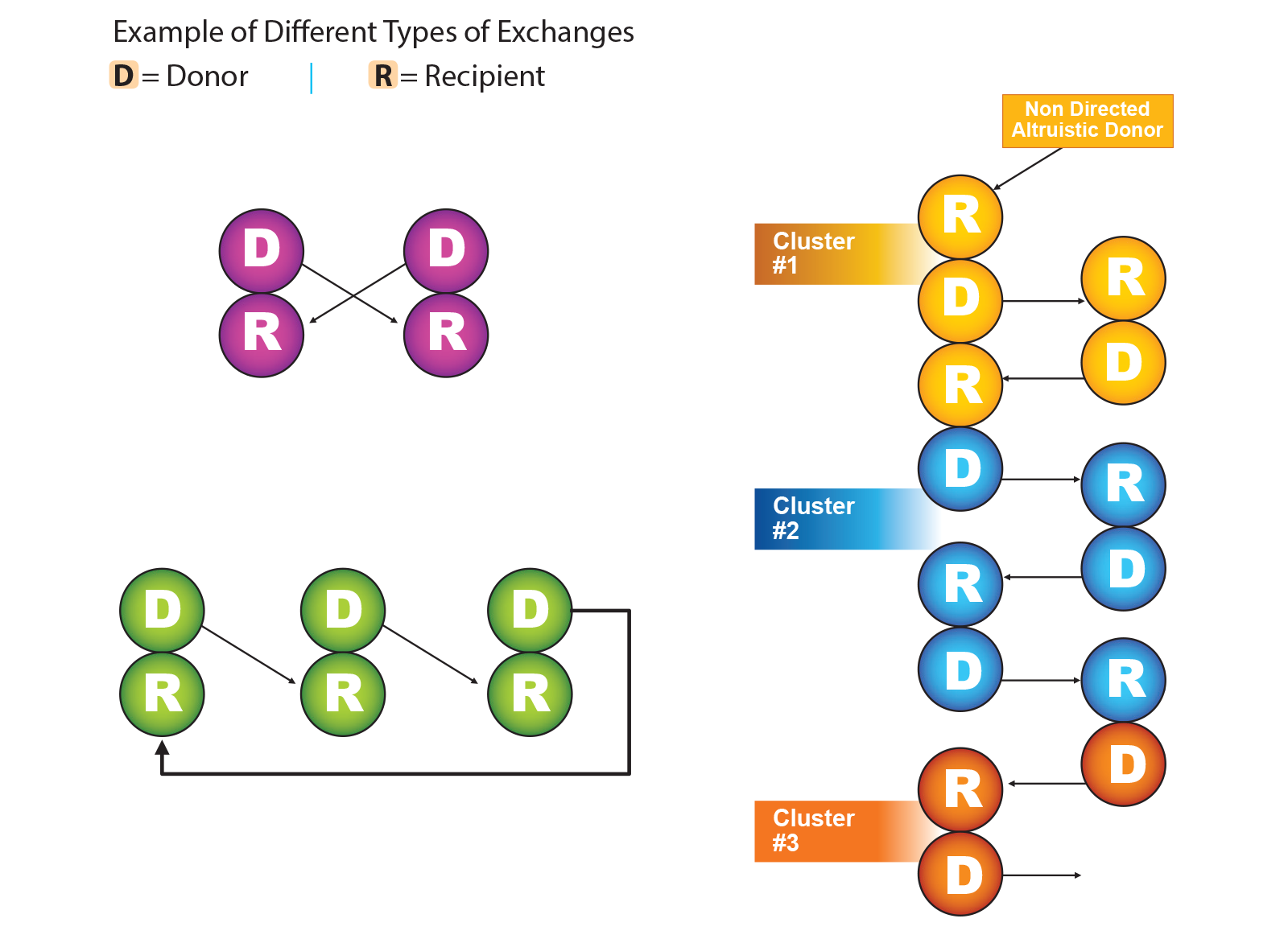New Tool Available to Help Patients Choose their Treatment
We frequently hear from dialysis patients about how they were not adequately informed of their treatment options before having to start treatment. While many patients end up “crashing” into dialysis, those who are diagnosed with Chronic Kidney Disease (CKD) early need to begin educating themselves on their treatment options to be prepared for End Stage Renal Disease (ESRD). There are three avenues of treatment you can choose for renal replacement therapy: hemodialysis, peritoneal dialysis, and kidney transplant. While it is possible to receive a transplant before needing dialysis, it is still important to know what those dialysis options are in the [...]




